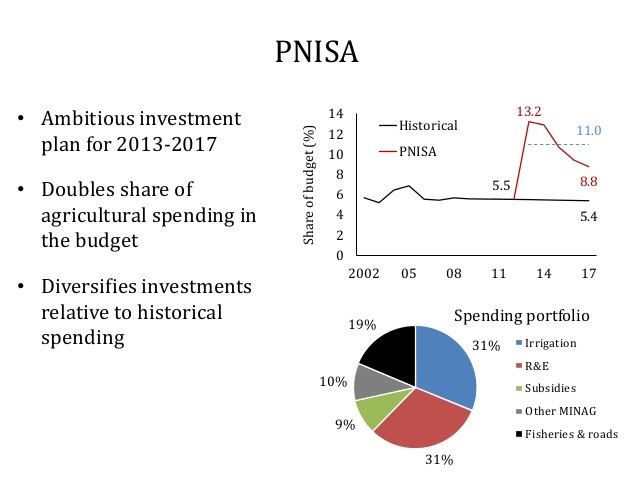Evaluating Investments
Post on: 3 Май, 2015 No Comment

by Gary Foreman
Dear Dollar Stretcher,
My husband and I currently have $11,500 in a savings account in a credit union earning 1% interest with no minimum balance restrictions. Our income was unsteady so we liked the flexibility of this account. We have a stable income now and are looking at the money market account program. The bank thinks we should switch as it would earn us 1.25% with a minimum balance of $1,000. To me, these rates seem a bit low. However, we are not ready to invest in the stock market. I have heard that regular banks offer more interest but demand higher minimum balances and have more restrictions, etc. Are we better off with the 1.25% money market account at our credit union or should we move the money to a higher interest paying institution?
Sue
Sue is right that rates are low now. And that makes it harder for savers to get much of a return on their savings.
There are two characteristics that Sue will need to evaluate on any investment. The first is liquidity. Liquidity is the term used by investment professionals to measure how quickly you can get your money. A dollar bill in your wallet is very liquid. A money market fund is less liquid, but still easy. Any timed deposit with a maturity date is less liquid.
The second characteristic is risk. Does an investment put Sue’s principal at risk? And, if so, what types of circumstances would have to occur for money to be lost?
Be careful with the term guaranteed. All guarantees are not created equal. In an insured savings account, you’re guaranteed that you can go in any time and get $1 for every $1 deposited. Even if the bank fails, there would be FDIC or FSLIC insurance to get your money.
But other investments only guarantee your principal at a maturity date. For instance, if you bought a 10-year U.S. Treasury Bond, you would be guaranteed to get your money back when the bond matures. But if you needed the money before then, you’d have to sell it. And that could mean getting more or less than your original principal amount.
Let’s look at Sue’s current options. How much extra would she be getting by switching? Earning an extra 1/4 of 1% interest on $11,500 for a year is $28.75 before taxes. Clearly you wouldn’t take too many chances with $11,000 to gain $28 in extra income. Sue will want to find out if there are any additional risks to her principal.
There are actually a variety of money market funds. Some guarantee your principal. Others do not. Since their inception, even non-guaranteed money funds have been considered extremely safe. And the risk to principal has been almost non-existent. But, with lower interest rates, some money funds are finding that the interest earned doesn’t cover the expenses of managing the fund. When that occurs, the money market fund shares could actually shrink in value.
Sue mentions going to a bank. Certificates of deposit (CD) could be a good alternative.
Right now a five-year CD from the bank will pay about 3%. The CD should be just as secure as the bank deposit. You can get $1 for every $1 deposited at any time. You do run the risk of losing six months of interest if you take the principal before the maturity date. So it’s possible to lose $172.50 of earnings if you want to pull your money out early. But the 2% higher interest will earn an extra $1,150 over five years if Sue manages to leave it in.
It’s important for Sue to consider what she wants this money to do. If it’s to provide for funds for the next auto breakdown or home repair, they’ll need to be able to get their money out any time. But if it’s meant for only a serious unexpected emergency, then she doesn’t need the same degree of liquidity.
One solution would be to keep part of the fund for the next home emergency and the rest could be committed for a little longer period of time.
Finally, there are other options that Sue could consider. We can’t go into the relative merits of each. But if she looks at the potential return and the potential risks she’ll have a framework to evaluate the choices.
Gary Foreman is a former financial planner and purchasing manager who founded The Dollar Stretcher.com website and newsletters in 1996. He’s been featured in MSN Money, Yahoo Finance, Fox Business, The Nightly Business Report, US News Money and he’s a regular contributor to CreditCards.com. You can follow Gary on Twitter or visit Gary Foreman on Google+. Gary is also available for audio, video or print interviews. For more info see his media page .
Take the Next Step :
- Are you getting the best CD rate? Use our simple tool to find out. It’s completely private, extrememly simple and you’ll know what rate is available to you in seconds!
- Compare money market rates with our best rate finder. Don’t let your bank pay you less than you deserve. It only takes a minute and your privacy is completely protected.
Share your thoughts about this article with the editor: Click Here














